How the Issa brothers bankrolled Castore’s bid to challenge Nike and Adidas
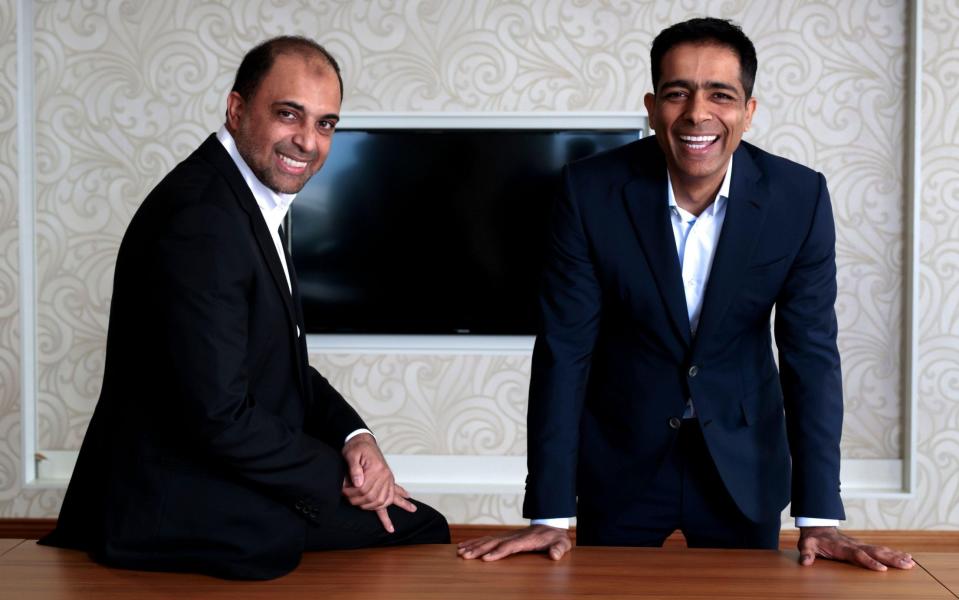
In the early days of their start-up Castore, Thomas and Philip Beahon relied on bank loans and money from the remortgaging of their parents’ Wirral home to finance the venture.
But eight years after the sportswear business began, backing for the brothers’ firm now comes from a deep pool of investors – most notably, Mohsin and Zuber Issa.
The billionaire co-owners of Asda first put money into Castore two years ago. Today, the Issas are Castore’s largest external investors – a position they could cement in the coming weeks should they increase investment through their Jersey-based investment vehicle, Monte Group.
Castore has increased spending by £50m in the last 12 months alone and is expected to announce its next round of funding before the end of the year.
The sportswear maker was the first venture capital investment made by the Blackburn-born Issas, who made their fortune through a petrol station empire before a sensational swoop for Asda in 2020.
Much like the Issas, the Bebington-born Beahon siblings have built a business from the ground up in Castore.
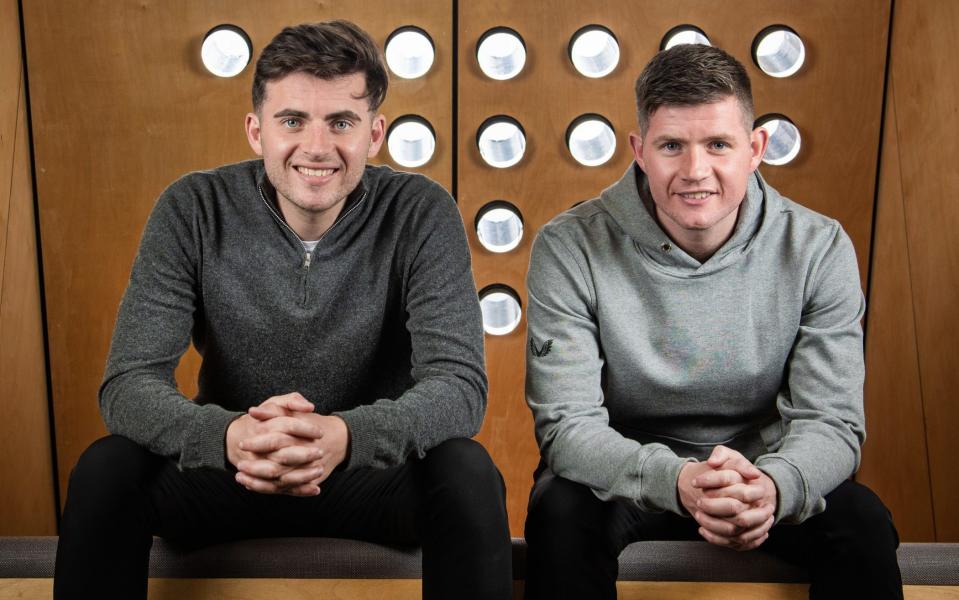
And just as the Issas are now scrambling to reduce debts across their retail empire as interest rates rise, the Beahon siblings are also facing growing pains.
Despite revenues rising from £48.8m to £115m in the past year, with operating profits doubling to £16.6m, Castore has been hit by a string of setbacks that risk derailing the Manchester-based company’s rapid growth.
They revolve around issues linked to the quality of the company’s Premier League football kits, which have been the bedrock of its rise in popularity and its £750m valuation last year.
The first real bout of controversy came two months ago when Aston Villa’s “wet-look” shirt fiasco prompted complaints from both men’s and women’s players, who said sweat-soaked Castore jerseys impacted performance.
Heightened scrutiny of Castore’s products led to revelations of grievances at other clubs, including Wolverhampton Wanderers and Charlton Athletic.
Issues included the quality of shirts and late delivery of training gear and merchandise, fuelling speculation that clubs could look to exit sponsorship deals early. It has been a damaging set-back for a company that advertises itself as a premium manufacturer of performance sportswear.
Castore has responded to criticism by promising to address quality concerns “as quickly as possible”.
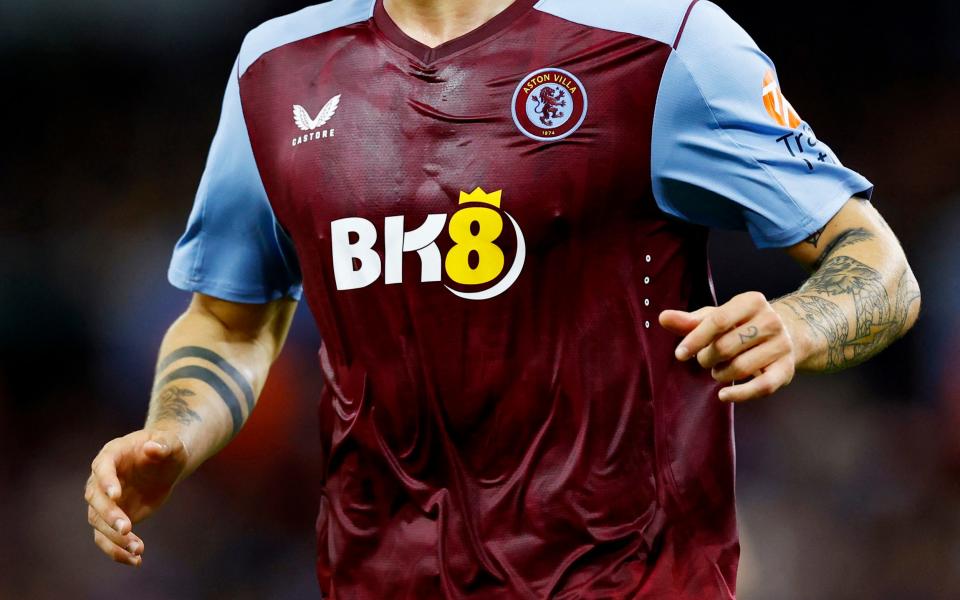
Teething problems have come after a period of rapid expansion for the young company, which carries the slogan “Better Never Stops”.
At the core of its business model has been a strategy of hoovering up sports teams from larger rivals such as Adidas, Nike and Puma, signing deals to supply their kits and advertise themselves in the process.
It has targeted mid-tier clubs that are too often neglected by big sponsors who simply offered off-the-shelf kits.
Castore sought to fill that gap by paying mid-tier clubs more and providing them with bespoke jerseys. The start-up funnelled investment from wealthy backers into high-end fabrics and recruitment, while also shelling out cash to sponsor clubs, such as Newcastle United.
Behind Castore’s growth stood the Issas, who have said little about their partnership but are deemed to be committed, long-term investors.
Other shareholders include New Look founder Tom Singh, Mitie chief executive Phil Bentley, ex-Saatchi & Saatchi boss Robert Senior and Arnaud Massenet, the co-founder of Net-a-Porter.
Thanks to their investment, Castore’s 50-strong stable of teams now includes Rangers, Bayer Leverkusen, Harlequins, Saracens and the England cricket team. It also sponsors individual sports stars such as swimmer Adam Peaty, boxer Joe Joyce and England rugby captain Owen Farrell.
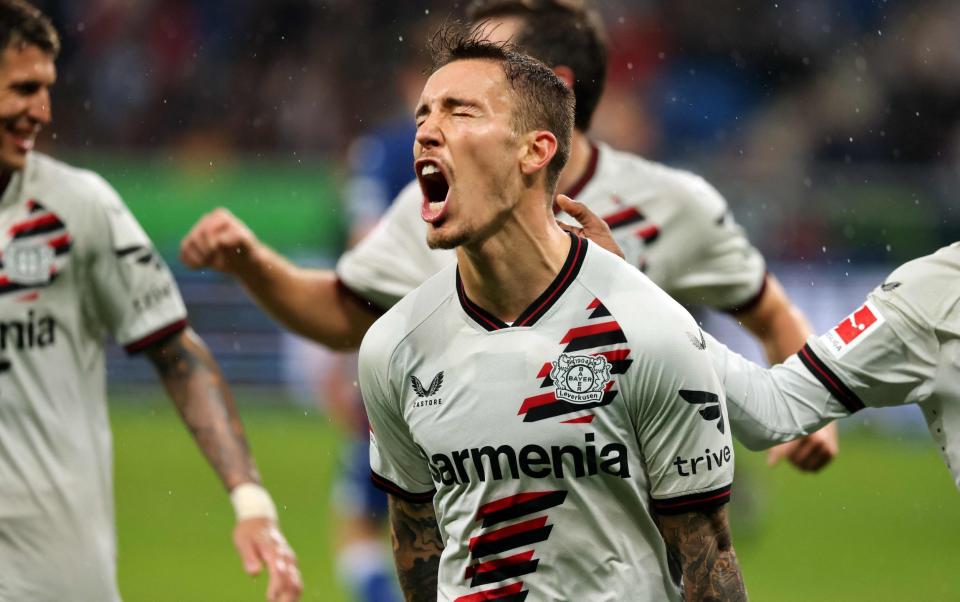
Thomas Beahon, 34, has been in the US over the last week to promote Castore at the Las Vegas Grand Prix, where their clothing is worn by drivers of both McLaren and Oracle Red Bull.
Last year, Thomas said: “We’re competing against some of the biggest brands in the world, and it’s not realistic for us to become a better-known, or recognised brand than Nike or Adidas.
“But we stand out because of our more premium product. We can go to factories and make adjustments – for example, making fabrics 5pc lighter. Our competitors are not going to that level of detail.”
Rob Warner, former head of kit design at Umbro and Puma, says: “It’s incredible the progress they’ve made. The first collection was all made pretty much from Italian fabric and in one of the best factories in the world in Portugal. The product quality was incredible.”
The Issas and Castore’s other deep-pocketed backers were key to securing factory space and the support of clubs, Warner believes.
Castore became a “compelling proposition” for clubs by offering “premium products and good money”, he said, which was made possible by their wealthy investors.
“For a company the size of Castore, to be attracting such heavy-hitting investors was impressive,” says Warner. “The calibre of people they were getting in – not anybody can just start a brand and go and knock on the doors of those people and secure that level of funding.
“That will have played a massive helping hand in their expansion.”
A key turning point was securing Sir Andy Murray as both a client and investor in 2019. The Beahon brothers convinced the two-time Wimbledon winner to sign with Castore not by throwing money at him but by offering Sir Andy a chance to invest at a discounted rate.
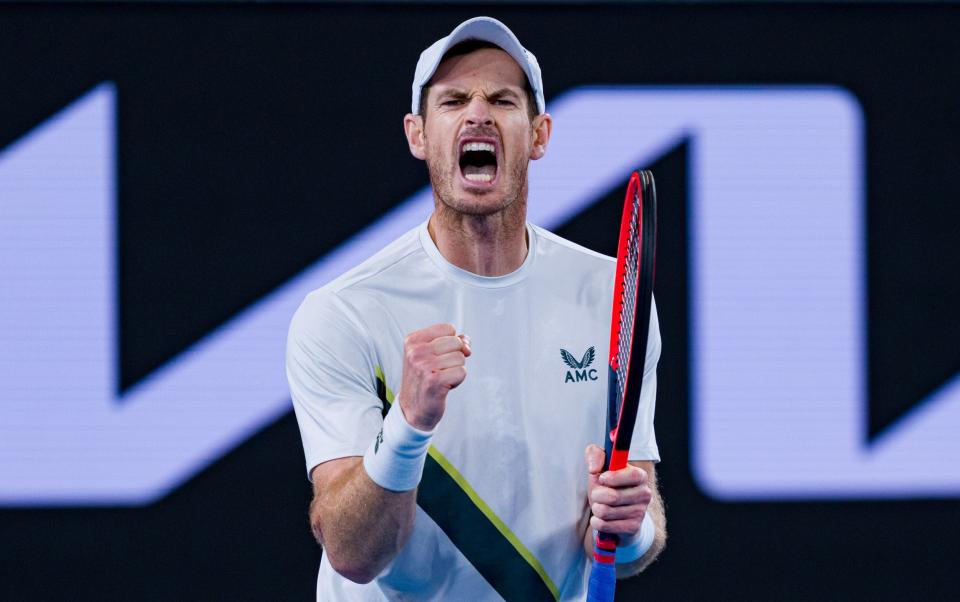
Such high-profile sponsorship deals boosted Castore’s popularity and paved the way for it to open 25 stores across the UK, Europe and Dubai – having launched its first in Chelsea just four years ago.
As well as selling football kits, Castore’s merchandise also includes £115 backpacks, £109 gilets and £95 sweatshirts – all of which come with the company’s winged logo.
Thomas and Philip Beahon, 30, both came to Castore after short-lived careers in sport. The pair were briefly professionals in football and cricket respectively, spending time at Tranmere Rovers and Lancashire Cricket Club.
Their rapid success with Castore has stunned the sportswear world. However, recent complaints over quality suggest the fast growth has not been without problems.
Company filings released three weeks ago show that Castore’s headcount rose to almost 400 people in the year to January, up from 174 a year before, with the bulk of hires in the sales department. It is understood that the headcount has now risen to 550.
An industry source claimed the expansion had led to strain internally, with frequent churn of staff.
The source says: “If you took a trawl through LinkedIn then you will see a bit of a pattern emerging. Those who haven’t worked for heavy-hitting brands tend to have found their way to Castore and stuck around while those who have a pretty handy-looking CV don’t seem to stay there very long.”
Another adds: “It feels like they’ve hired a lot of young attractive people and there’s no one taking ownership. It feels a bit rudderless.”
Castore has said employee turnover is no different to other startups.
In the past year, Castore’s bank balance fell from £10.1m to £786,000, while its bank loans rose from £850,000 to £39.6m.
The use of leverage could signal influence from the Issas, whose business empire is built on billions of pounds of debt – including much of the £6.8bn needed to buy Asda in 2021.
Thomas Beahon almost said as much when asked about the Issa’s involvement two years ago: “They share the view with Phil and I that you need to take risks and be bold if you want to be successful.”
Loading up on debt is certainly a risky proposition at a time when interest rates are at a 15-year high. However, the Beahon and Issa brothers alike will be hoping that Castore’s growth can outpace repayments.
What happens next at Castore will very much depend on the next round of funding, which will take the business beyond the billion-pound valuation and fuel expansion into the future.
A spokesman said: “Castore saw an opportunity to provide a bespoke service, a superior product and a better experience to clubs and fans that were underserved.
“We continue to disrupt an industry historically dominated by a small number of global brands and have done this with some of the world’s leading sports teams.
“Like any fast-growing, disruptive start-up, we’ve had to be nimble to challenges but have done this with humility and the continued support from our partners.”

 Yahoo Finance
Yahoo Finance 